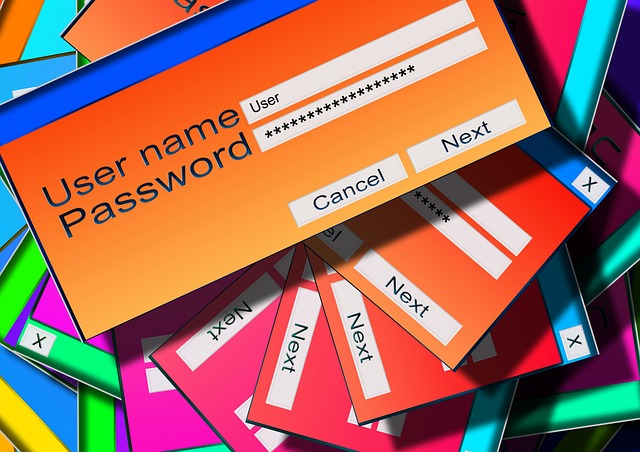By Jennifer Riggins (@jkriggins), Contributor
13 April 2015: You insure your house and your car, but do you need cyber insurance coverage to insure your life online? Can it protect you in case of the next hack or cyber attack?
It seems like every other week, there’s more news of a cyber attack at our favourite big name hotel or brick-and-mortar store, leaving us feeling like nobody’s safe online anymore. But that convenience of online shopping alone outweighs much of the risks, but perhaps there’s something more we can be doing to protect our identity and our money online? Beyond the obvious added security of using complicated – and varying – passwords, cyber insurance coverage could be a very wise idea.
Today we look to answer what is cyber insurance coverage and why you might need it to cover your assets online.
What is Cyber Insurance Coverage?
Also called cyber liability insurance coverage or cybersecurity insurance, it’s available to both the individual and, more commonly, businesses, as a way to mitigate losses from what U.S. Homeland Security calls “cyber incidents,” which can include anything in the realm of data breaches, hacking, extortion, theft, and business interruption, as well as those losses due to natural disasters or viruses. It’s usually paired with preventative measures like security audits and can even come with post-incident public relations assistance.
Who has Cyber Insurance Coverage?
In general, this type of insurance is part of an overall enterprise risk management strategy. While the Targets and Home Depots of the world are catching headlines, according to the New York Law Journal, a cyber attack can happen to any business, large or small. For businesses in the payment card industry or that handle healthcare data, it’s a no brainer to have cyber insurance, as not only can a cyber attack threaten your current customers, the public shame of it scares away future customers. Plus, irrespective of blame, significant regulatory fines can fall heavily upon a breached business in the aftermath of a cyber attack.
As it spreads to the SMBs of the world, cyber security is even becoming another competitive edge you can offer. National Public Radio recently interviewed an exterminator who got cyber insurance on top of his general liability coverage because, in his words, “A lot of what’s going on in the news makes you think about the smaller companies like myself – protecting myself.” Of course, he only started paying for cyber insurance once his customers’ credit card info was hacked.
Drilling down to the individual, most homeowners’ insurance providers offer identity theft insurance, which provides expense reimbursement to individual and family victims of fraud. Grant it, your bank may already cover these costs, and this insurance doesn’t have the same breadth of protection against hackers as cybersecurity insurance does.
What to look for in a Cyber Insurance Carrier?
Cyber security is in constant evolution, which means that many cyber insurance carriers are marketing quantitative protections in qualitative ways. It becomes your job as consumer to sift through the qualitative, looking for numbers and specifics whenever possible and then using qualitative instinct and questioning to get the rest of the information.
Nowadays, it seems like nothing is hacker-proof for long, which means you need to make sure your cyber insurance company is constantly up to date. One qualitative way to evaluate and compare cyber insurance companies is to check out their webpage and social media. Are they offering advice for how to protect yourself? Are they talking about cyber threats in the news? Do they simply brand themselves as reliantly modern and up to date?
Finally, be sure to contact customer support before signing on the dotted line to be certain they are quickly responsive to all your questions ahead of time, since, if (knock on wood) you do need them, you want to know they will be right there with you, right away. This is a situation where 24/7/365 emergency support is vital.









